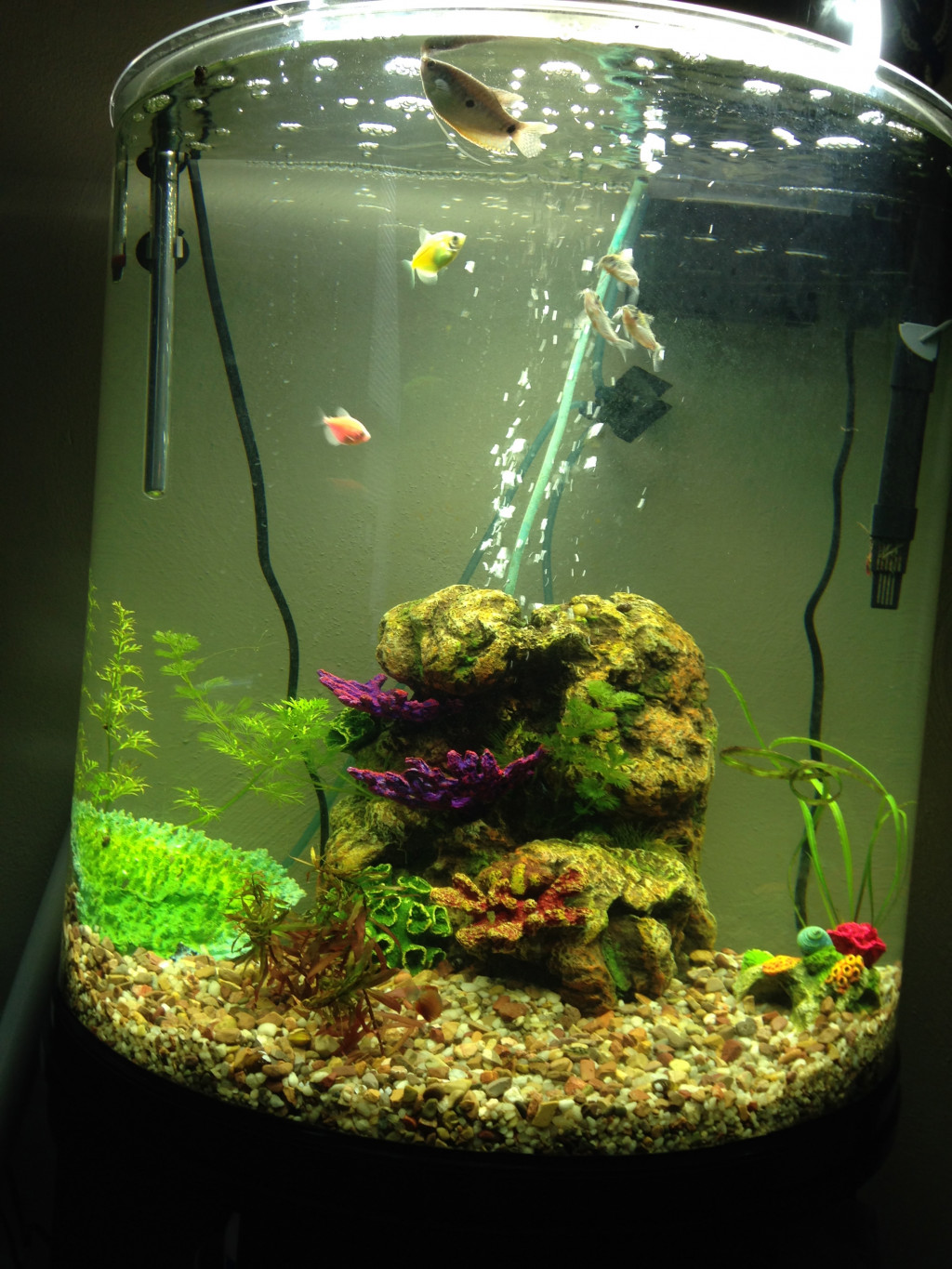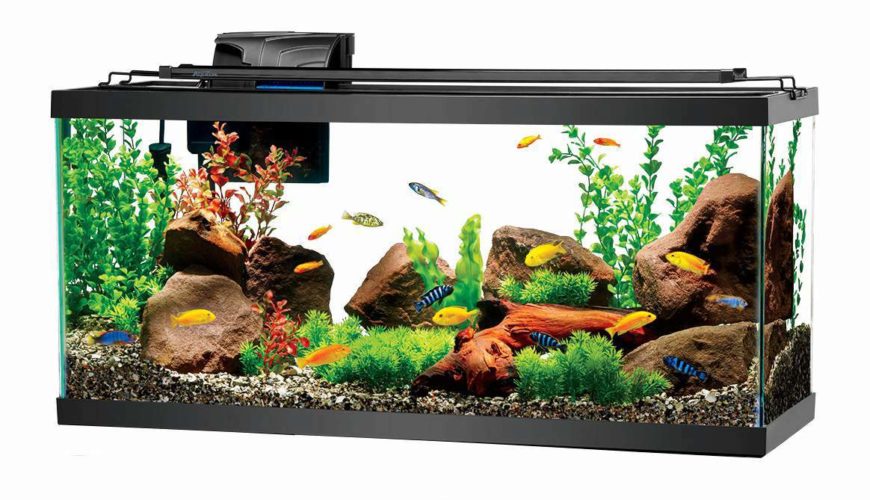Fishes make great pets and can also lead to a longer, happier life. They make a great pet for every age group, especially towards the children. If you are someone with an autistic child or know someone who is, then it will be extremely beneficial.
According to studies, viewing fishes swim in their tanks tend to reduce heart rate, blood pressure, enhanced prolonged concentration, and better mood. But the most important highlight of practicing fish keeping would be reaping the sensory benefits in kids.
What Is Fish Keeping?
Fish keeping is a well-known hobby that is popular with aquarists. It involves keeping your fish in a garden pond or a home aquarium. Fish keeping industry is also a branch of agriculture. The fish species with bright and vibrant colors are usually the ones involved in fish keeping, like guppies and bettas.
Tame specimens of fishes are commonly in association with the practice of fish keeping. They are mostly known for being pets instead of food. Both ancient and modern cultures have kept fishes for decorative and functional reasons.

What Are Its Sensorial Benefits?
Kids with sensory processing disorders, ADHD, Autism, and developmental disabilities often require more time processing things. They often benefit from certain strategies and visual supports on their day to day lives.
Fish keeping allows the building of nerve connections within the pathways of the brain. Your child will start to fulfill more intricate learning tasks. Your toddler will have problem solving skills, cognitive growth, increased social interaction, language development, and more.
Kids with additional needs find it difficult to transition from one thing to another with simple everyday things. They find it hard how and when to calm down. Fish keeping acts as a flash card or a visual aid for these children. This visual timetable enables them to be interactive.
Fish keeping is a form of animal assisted therapy. But most people associate animal assisted therapy with just dogs, horses, cats, and other bigger animals. However, fishes also play an excellent role in enabling autistic kids to form relationships.
Fish keeping brings major improvements concerning the mood of children too. It allows them to participate and reap the most out of the process. There will be improvements in physiotherapy, speech, language, and occupational therapy.

A fish tank will catch the attention of your child. Viewing fishes from a fish tank help decrease stress and anxiety at all times. It is quite crucial because stress and anxiety are the common denominators in kids with additional needs. Plus, it also helps combat disruptive behavior in children.
Allowing your children to clean the fish tank and feeding the fishes will stimulate their sensory experience. This daily routine will enable them to think on their own and execute the task independently. It will boost their self-confidence to the max.
The aquarium is nothing short of visual delight. It has swaying aquatic plants, bright colors, floatable objects, and bubbles. The fishes will be gently swimming, or darting in the aquarium will entice your child. The bubbling noise and just having the aquarium around will diffuse sudden meltdowns by calming them down.
Plus, your kids will also pick up on the vocabulary field by watching the fishes at the nearest pet store. The parents can team up with their kids to study the fishes and build a learning environment. It involves, names, colors, types, counting the fishes, and the list goes on.
Summing It Up!
Fish keeping is an excellent learning tool and an educational hobby for your kids. From animal husbandry skills to picking aquarium accessories with their parents, fish keeping activates social interaction. Kids can take turns to feed the fishes and learn social skills by sharing their friends and family’s activities. It offers a great learning experience while keeping them entertained.




